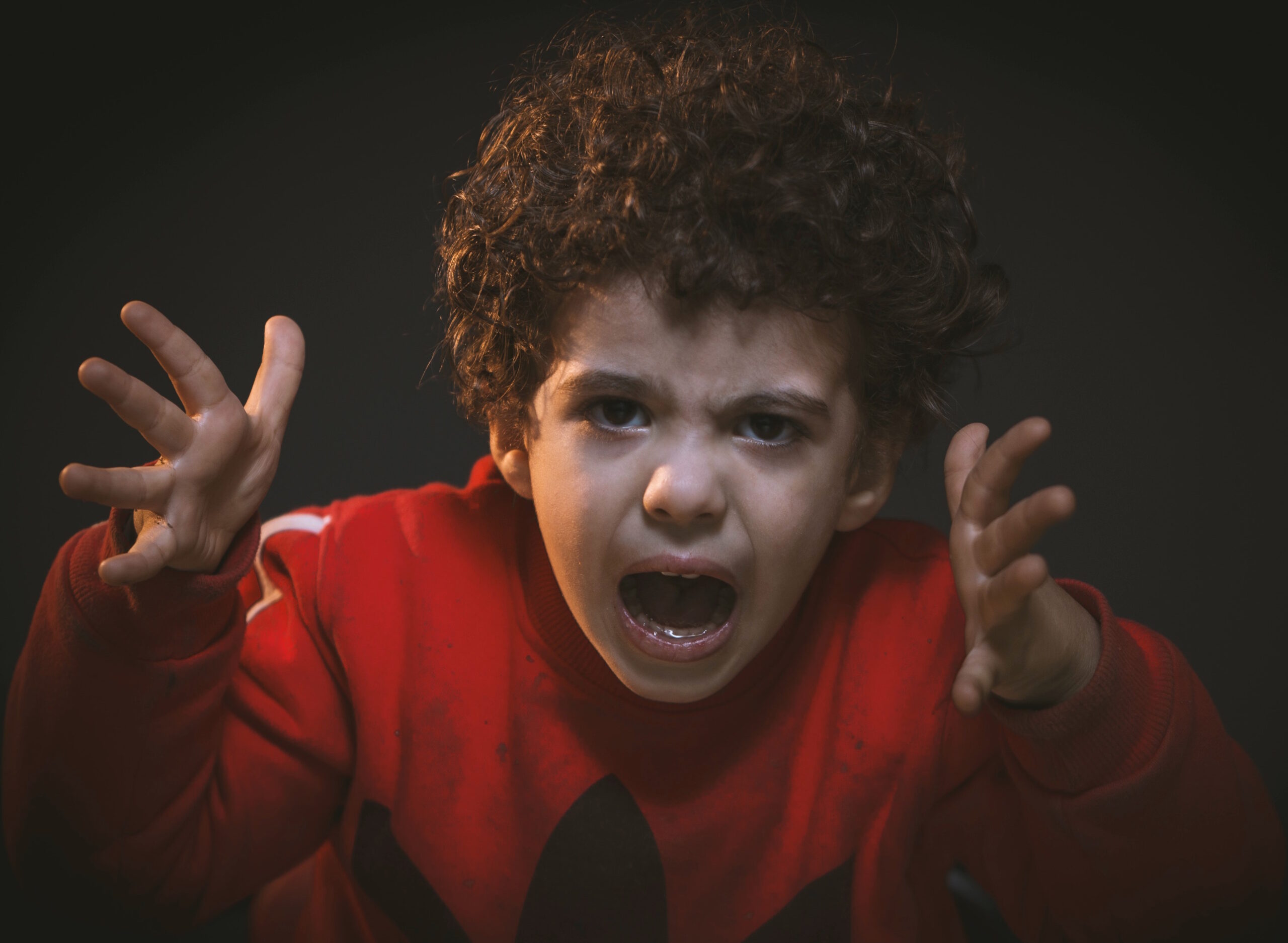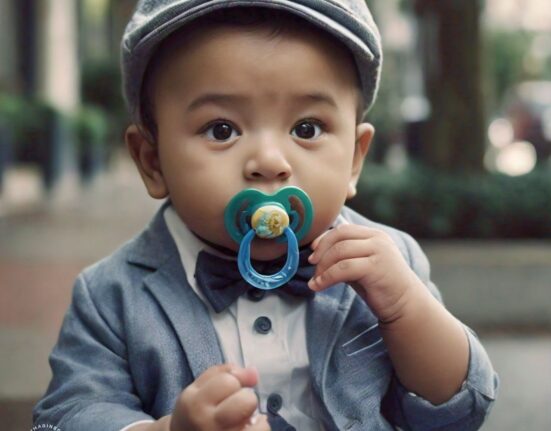For most parents it is quite shocking to hear their 2-, 3-, 4- or 5-year old copy and use strong adult language. The reactions vary from freezing and not knowing what to say to bold criticism of the child.
Parents whose face expressions convey shock and confusion send a message implying that they are at a loss and don’t know how to handle a child’s comment. Whereas those who start criticizing their son or daughter end up reinforcing the value of offensive language for obtaining attention. This way, the next time their child feels angry or upset or requires parent’s attention, they are likely to go back to using adult vocabulary.
Here are the useful tips for dealing with the situation (in the order of their importance):
- Model high-quality language for the child in his or her home environment – this cannot be emphasized enough. Children who are exposed to appropriate verbal interactions, especially during moments of strong emotion on the parent’s end are more likely to develop good communication with others and refrain from consistent use of bad words. They may still copy after peers or other adults, however it probably won’t become ingrained because of exposure to adequate vocabulary in their home.
- Don’t overreact – by becoming angry with the child, parents only demonstrate the emotional significance of the word that the child has just used. Children absorb this association very quickly and are likely to “re-offend” in this situation.
- Don’t obsess with identifying the source. Parents may start thinking about who may have been the source of these words in their child’s case. Did they hear it from that other kid in day care whose parents are divorcing? Did they accidentally watch inappropriate content online? What do we do to make sure our child is not exposed to bad words at all? These are all common questions that sometimes will motivate parents to seek out a psychological consultation. As parents, it is your job to create the most favorable conditions for your child’s development, however it is not your job to shield your child from every negative influence, including offensive words.
- Decide how you want to respond ahead of time and make your response consistent with child’s developmental stage. A 3-year old child may replicate what they heard and look you in the eye to determine your response and attitude. A child of this age is naturally curious about the world and spoken language, in particular. Therefore, they may need to try saying it in front of the parent, as if they were asking you “This is what I heard the other day, is it ok to use this word like that?”. Instead of scolding the child, a better response is to explain family values and to inform the child that certain words are not a part of their family’s culture. A 5 -year-old may throw a bad word at you because they genuinely want to elicit a response, typically in an attempt to receive attention or to signal that they are struggling with something and need your help. It is helpful to understand the reason to plan for an appropriate response.
- If you find that your child is deliberate about inappropriate language, staying calm, turning down the level of attention and reminding the child to use good words instead are all recommended.






